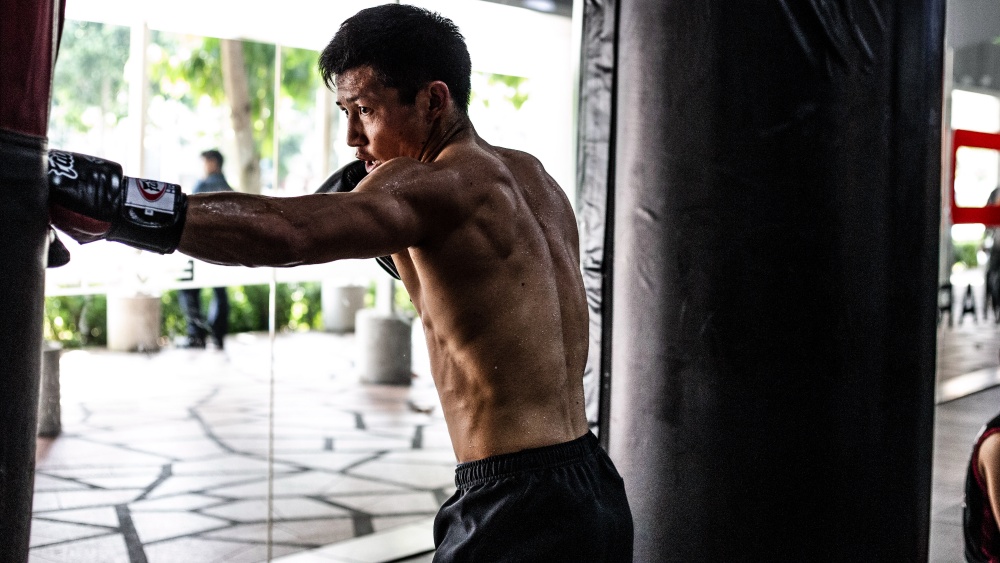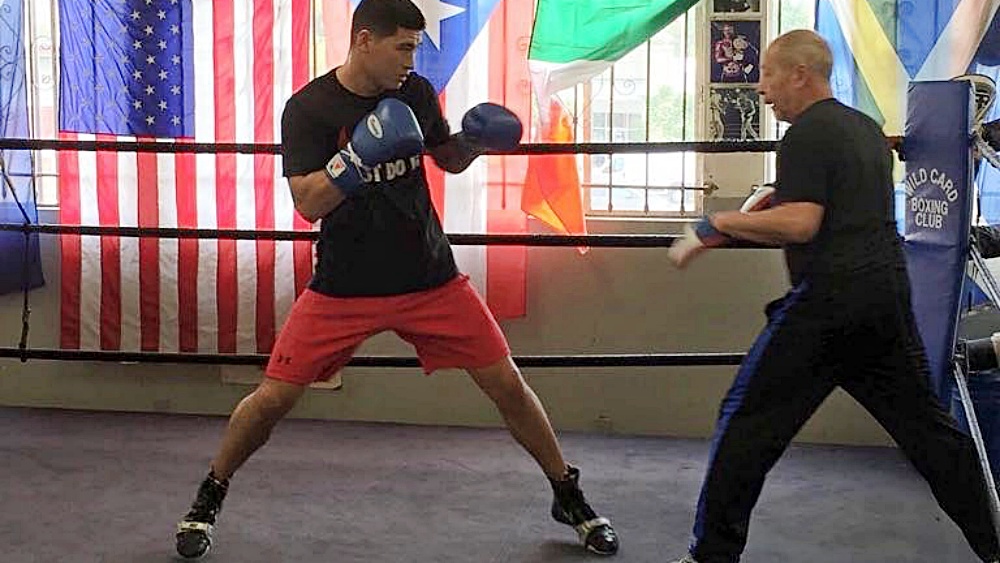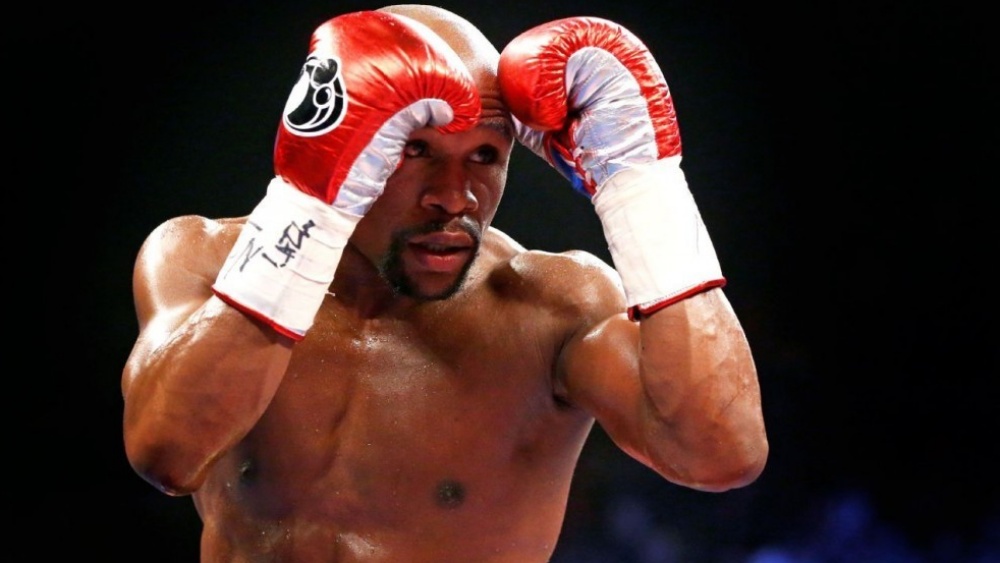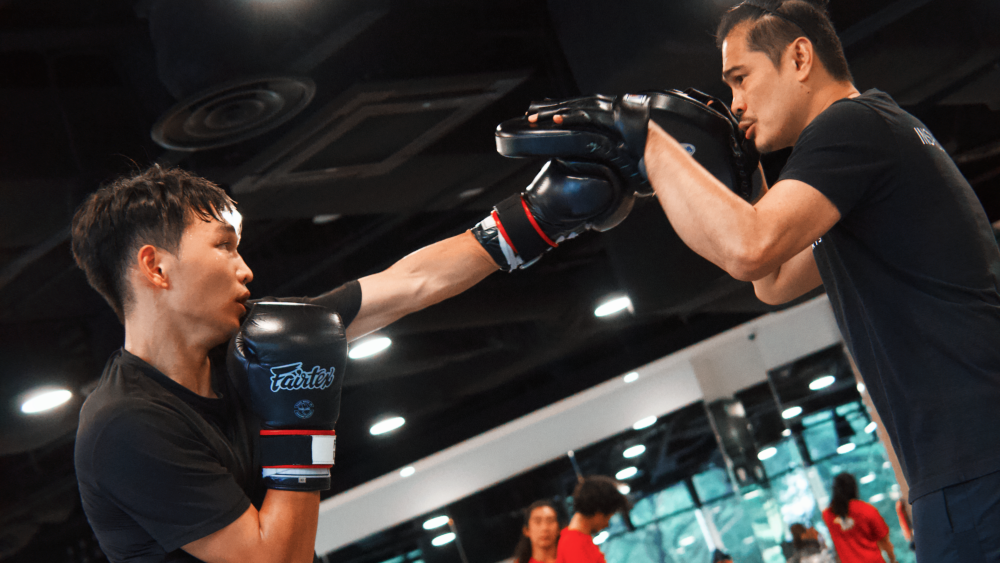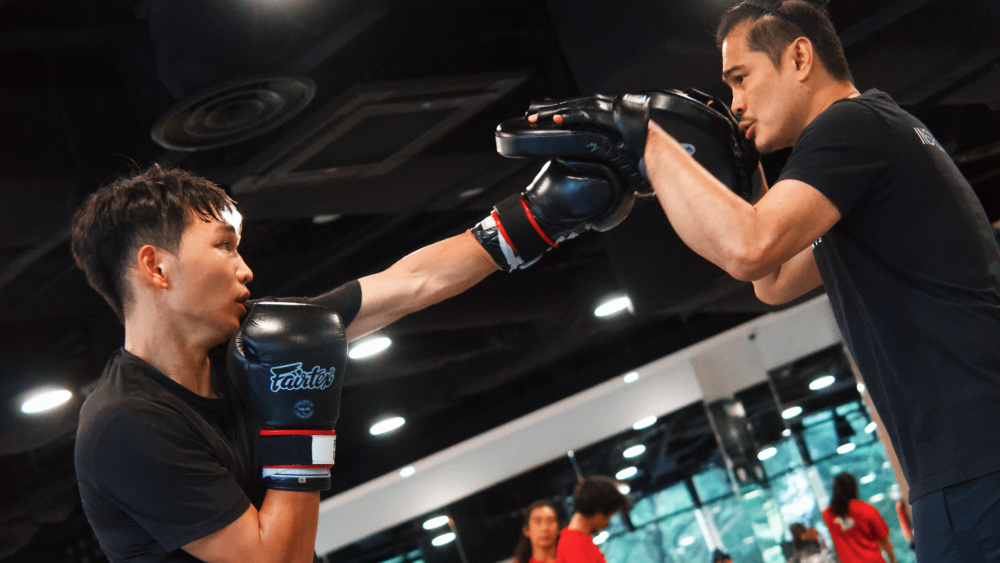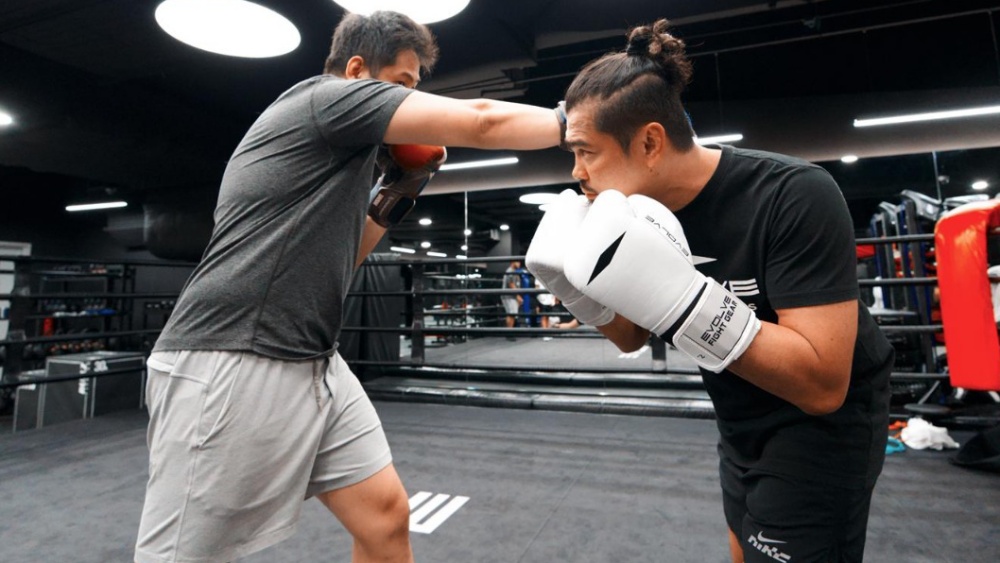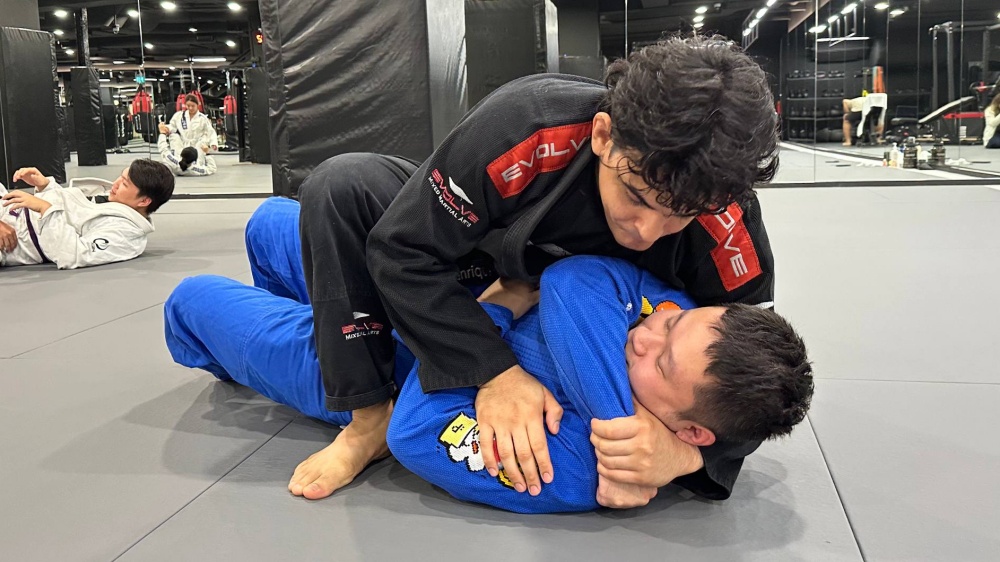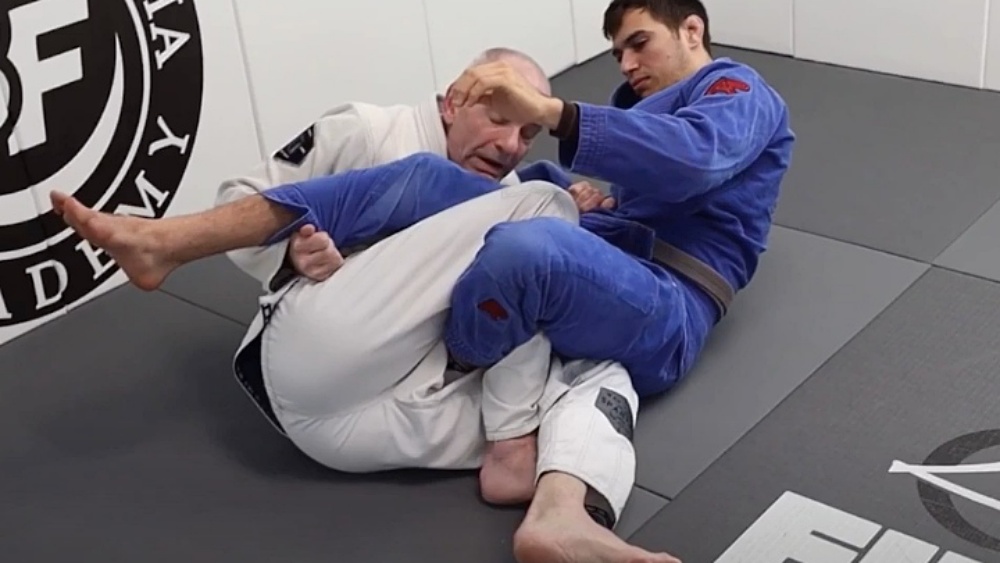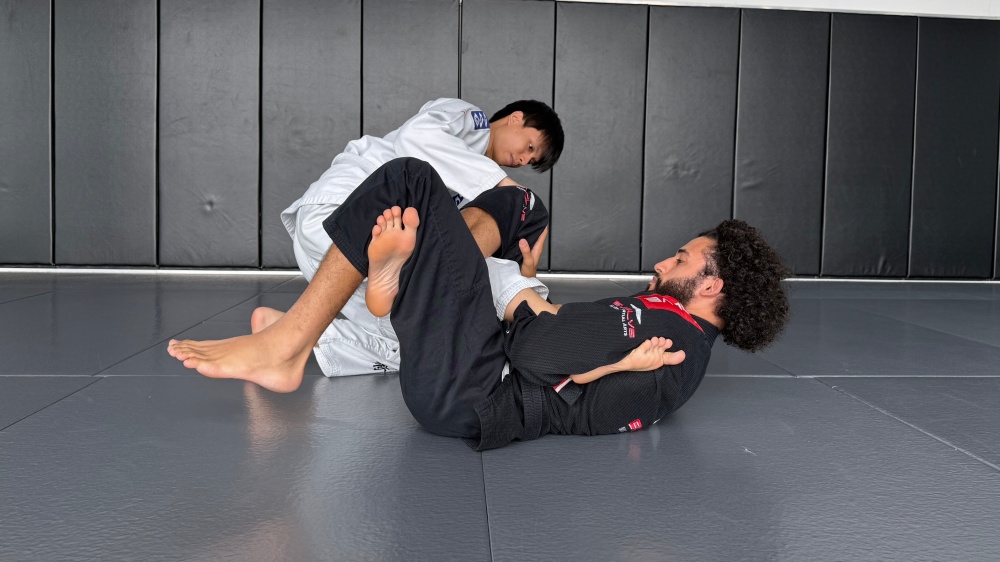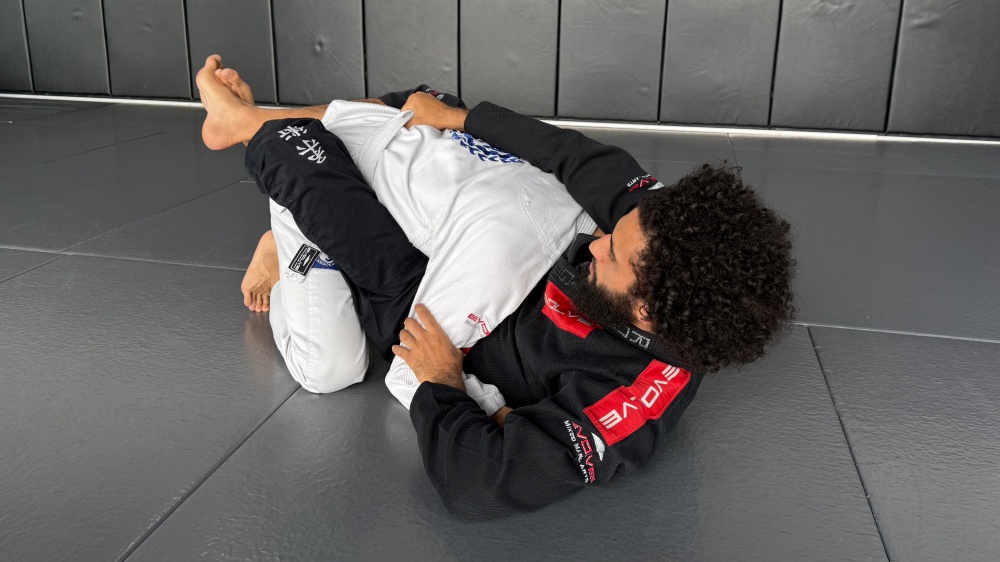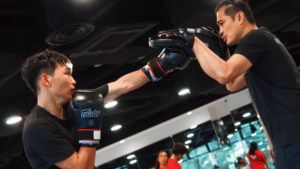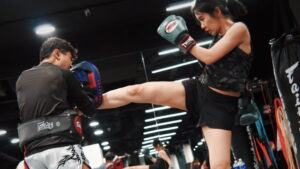The path toward mastery in the martial arts is not an easy mountain to climb. It is a road filled with external and internal challenges, and all practitioners are expected to face and overcome them throughout their journey. While it may seem as if it’s not a lifestyle that’s necessary for today’s day and age, many still seek this way of life by choice.
The challenges of a martial artist have remained relatively unchanged for centuries. Today we’ll talk about some of the most common problems martial artists face and how to overcome them.
A Life Of Martial Arts
Budō is a term in the Japanese language that describes martial ways. It is a literal translation, which means “The Way of War”. Centuries ago, martial arts were used to defend oneself from potential killers. Obviously, this is not the case in modern times, but the value of learning how to physically overcome someone still holds true in self-defense situations.
Along with the knowledge of learning how to fight back, martial arts can teach many lessons about who you are as a person. Typically, you won’t be able to learn much about yourself if things are pleasant and stress-free. Handling stressful situations can be a great teacher as it can expose who you are and what you do under duress.
These revelations are common in martial arts as you constantly test your ability against your peers in either sparring or competition. The good news here is that you can continuously seek martial arts training with little danger of losing your life compared to how things were many centuries ago.
That said, here are some of the most common issues you’ll likely face as a martial artist.
1) The Feeling Of Incompetence
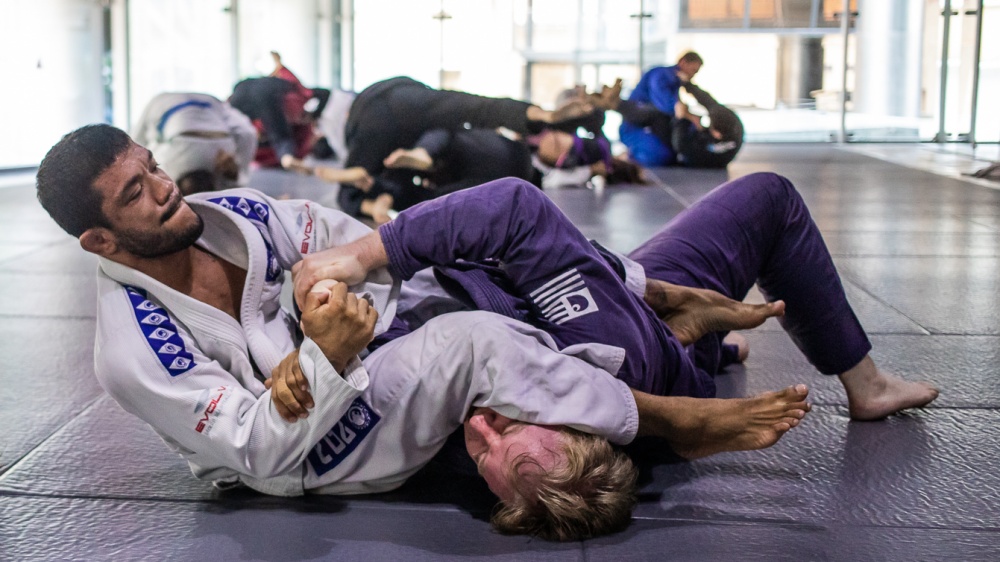
You’ll definitely feel this in the beginning stages of your martial arts journey. Learning any form of martial art requires a certain level of technical proficiency. This means that there will always be a learning curve in the beginning stages that all practitioners face.
Take Brazilian Jiu-Jitsu, for example. BJJ is a highly nuanced martial art that relies on technique and body positioning to dominate opponents. The techniques you’ll learn in BJJ are movements you’ll most likely never encounter outside combat sports, so, naturally, it will take time for your body to internalize them. Remember this fact whenever you are struggling to memorize specific techniques.
Every world champion you see on TV started as a white belt. They all went through the same struggle, so don’t feel bad if it’s taking a while for you to get good. Focus on improving 1% each time you train, and you are on your way to becoming a good grappler.
2) Your Ego Will Be Checked Every Training Session
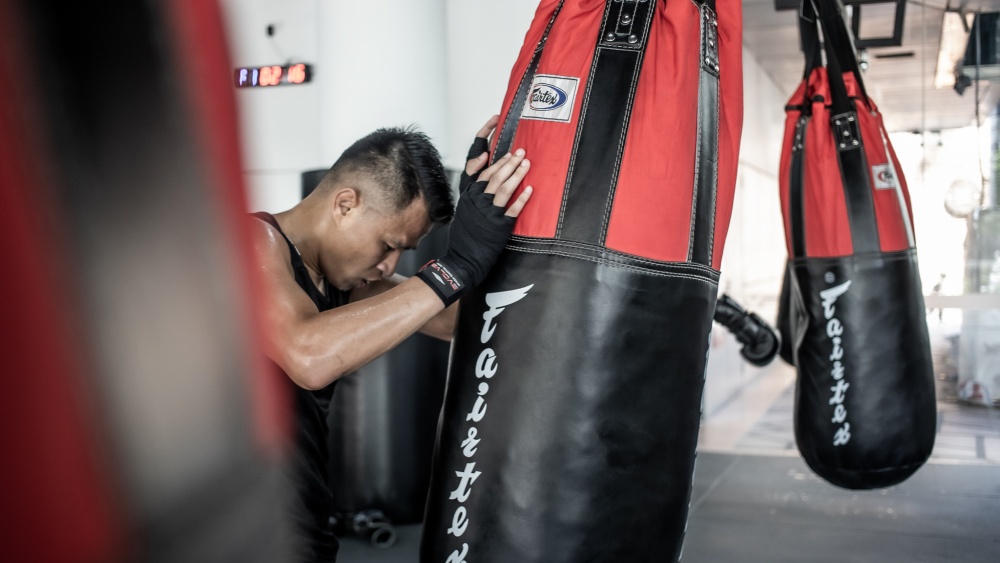
The very nature of martial arts revolves around testing your technique against your peers. As with most competitive pursuits, there will always be winners and losers. Your ego will be tested every time you go out and train. There’s no other way around it.
It is okay to acknowledge that you are still a work in progress. Most martial arts will take at least 5-10 years (sometimes longer) to reach black belt level. Don’t compare yourself with others because everyone is different. Instead, compare yourself with who you were so that you can objectively assess your development. Be proud of what you’ve achieved, and always strive to reach the next level. Like what President Theodore Roosevelt said: “Comparison is the thief of joy”.
3) Physical Limitations
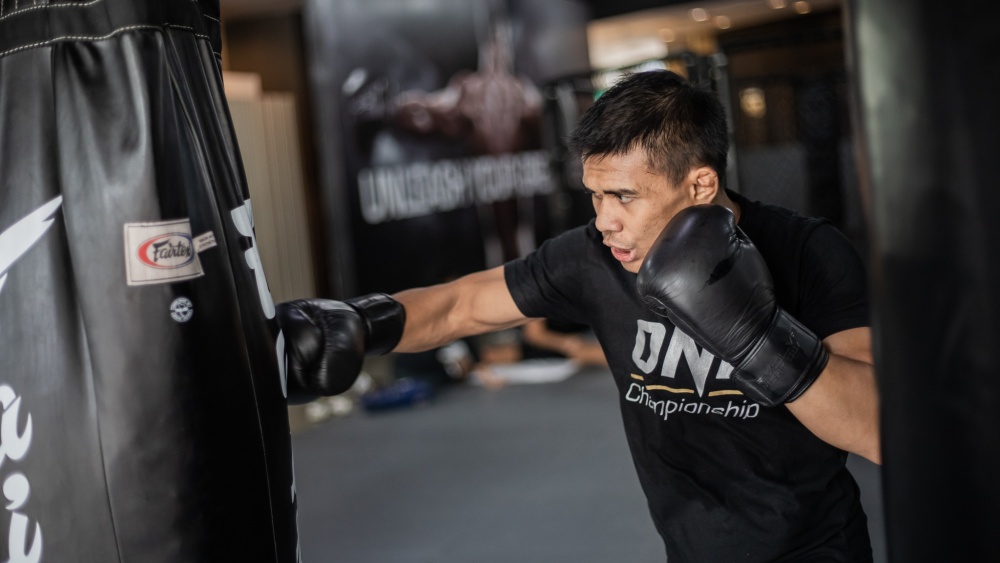
People of all backgrounds come through martial arts academies all over the world. People’s physical abilities greatly depend on many factors, such as age, gender, height, and weight. It is simply unrealistic to hold everyone to the same standard when it comes to mat performance.
Understanding that you have physical gifts and limitations is perhaps the best way to view your martial arts journey. Focus on what you can do rather than mulling over your physical limitations. Just do your best at all times, and the rest will follow.
4) Imposter Syndrome
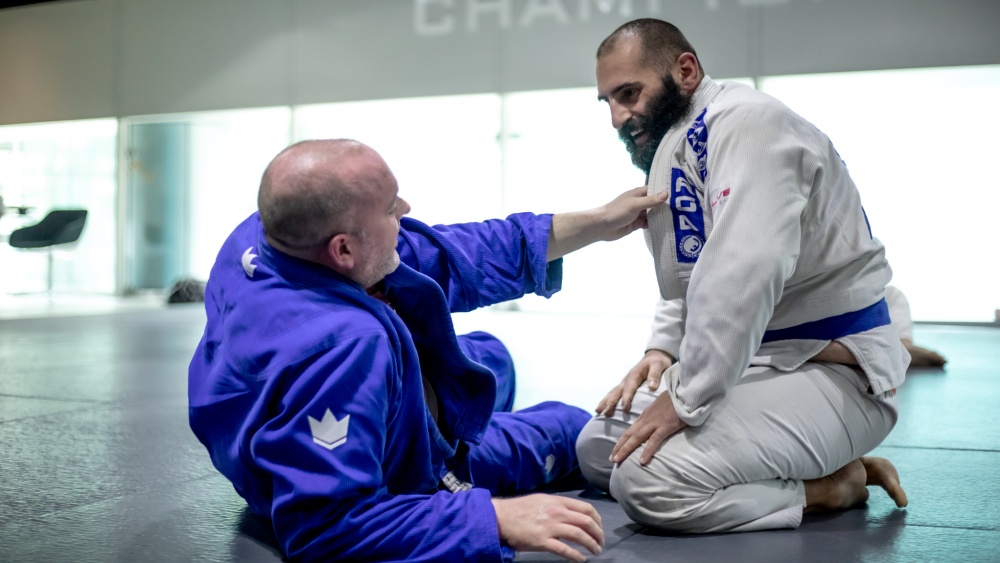
You might have been training in martial arts for many years now. You are not the worst in the gym, but you are definitely not the best either. Maybe you are a blue belt in BJJ. You can hold your own against most beginners, but you are still getting tapped by young, athletic white belts. Don’t fret. This is natural as everyone’s development is not always linear.
It is okay to tap to someone with a lower rank. Really, it is. You are not a fraud, and you deserve your current rank. Accept the lesson you got from the tap and continue building your game.
Final Thoughts
These problems are just the tip of the iceberg if you think about it. You might encounter other issues throughout your martial arts journey, so it’s always a good idea to be wary of them. Regardless of how long you’ve been training, these problems will pop up every now and then. These are just small hurdles that will help you reach your full potential.
Nothing great comes easy, as they say. Understand that problems, no matter how difficult, will always have solutions. Rather than focusing on the problems, we encourage you to routinely look for ways to overcome them.
Thank you for reading today’s blog. Stay safe and keep on training.
You may also like:
